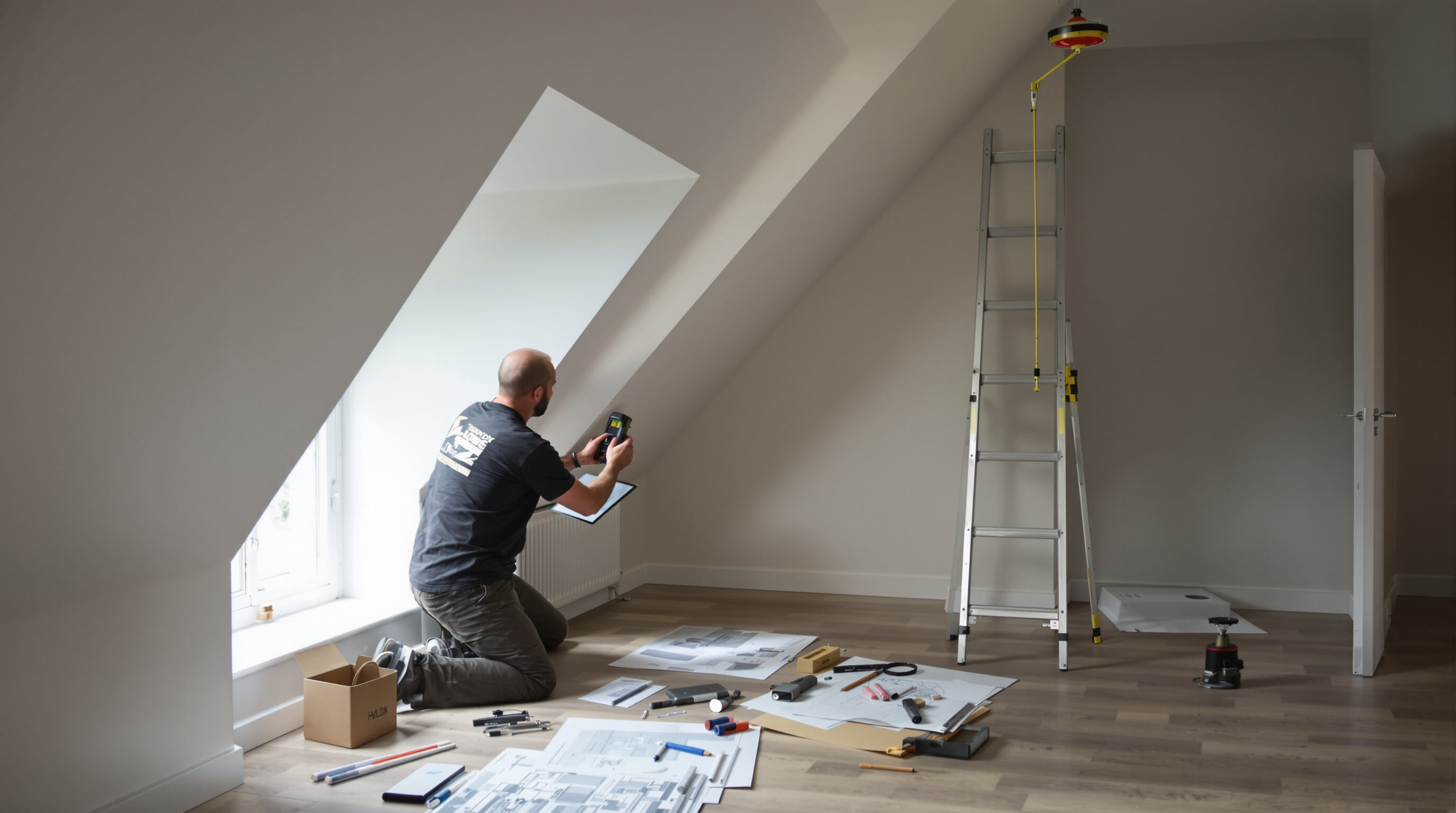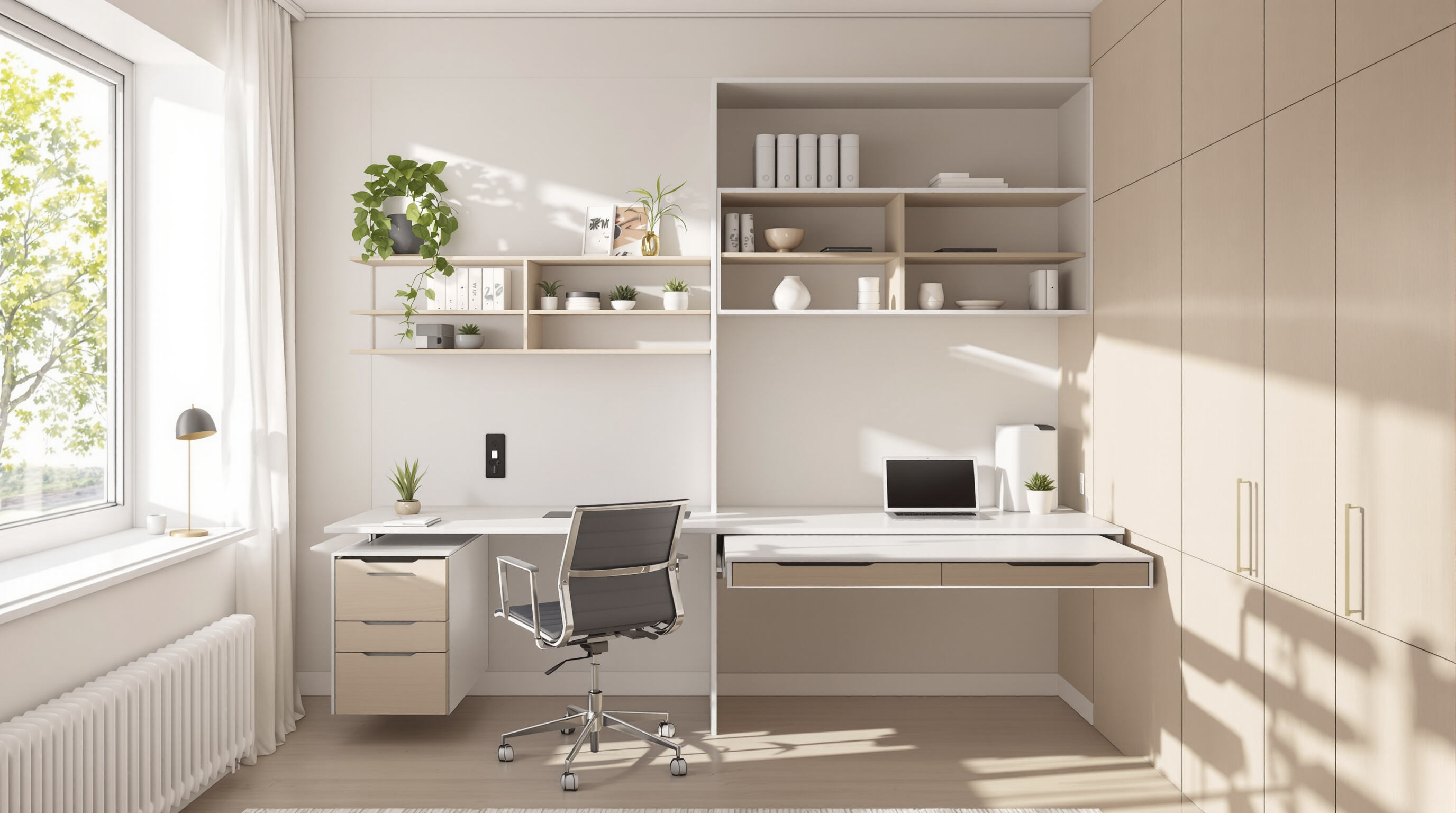Uniqueness and Personalisation in Bespoke Furniture
Expressing individual identity through custom furniture design
Bespoke furniture offers an unparalleled opportunity to embed personal narratives into living spaces. A 2023 Furniture Industry Report revealed that 83% of custom furniture buyers prioritise self-expression over trend-driven designs, reflecting a broader shift toward interiors that reflect personality rather than conform to mass-market aesthetics.
One-of-a-kind designs tailored to personal style and taste
From curved velvet sectionals inspired by organic forms to live-edge dining tables celebrating wood’s natural imperfections, bespoke pieces turn abstract preferences into functional art. Clients increasingly blend design eras—pairing mid-century modern silhouettes with art deco detailing—through made-to-order commissions that reflect their unique tastes.
Customisation of finishes, materials, and intricate details
| Design Element | Common Custom Options | Personalisation Impact |
|---|---|---|
| Surface Finishes | Hand-distressed, high-gloss, matte | Creates tactile identity |
| Material Pairings | Walnut + brass, marble + wrought iron | Defines aesthetic depth |
| Hardware Details | Engraved pulls, custom patinas | Adds signature accents |
These choices allow for deep personalisation, transforming furniture into a true extension of individual style.
Reflecting lifestyle and aesthetic preferences in bespoke pieces
Urban dwellers often commission multifunctional pieces like coffee tables with hidden charging stations, while rural homeowners may opt for expansive farm tables designed for communal gatherings. Such designs physically manifest daily rituals and social values, making functionality a form of self-expression.
Balancing personalisation with long-term resale considerations
While 76% of bespoke buyers in 2024 view their purchases as permanent investments, designers recommend incorporating reversible finishes and modular components. These strategies preserve adaptability without sacrificing initial personalisation, ensuring longevity and potential future reconfiguration.
Perfect Fit for Unique Spaces Through Custom-Made Furniture

Precise Fit for Exact Dimensions and Complex Room Layouts
Custom made furniture gets rid of those annoying trade-offs we see with stuff off the shelf because it fits exactly into whatever space exists. According to a recent study from Architectural Digest back in 2023, almost half (that's 48%) of people living in houses actually deal with weird floor plans that just don't work well with regular store bought furniture. That explains why so many folks are turning to tailor made options these days. Skilled craftsmen take super detailed measurements down to the millimeter and then build using 3D models. The result? Furniture that actually works in tricky spaces like rooms with slanted ceilings, awkward window nooks, or tight corners where nothing else seems to fit.
Solving Architectural Challenges with Space-Optimised Designs
Angled walls and awkward corners become functional assets with tailored furniture. For instance, a client with a 5.7m trapezoidal living room commissioned a curved shelving unit that merged display and storage functions. Interior Design Trends Report 2024 notes such designs typically increase usable floor area by 18—34% compared to flatpack alternatives.
Case Study: Maximising Functionality in Irregular Urban Apartments
A 42m² Barcelona apartment featuring 11 non-right angles illustrates the transformative power of custom furniture. Engineers developed a dual-depth cabinet system to:
- Conceal structural columns while creating concealed appliance storage
- Integrate fold-down desks into trapezoidal wall cavities
- Maximise vertical space with floor-to-ceiling pull-out pantries
This solution increased accessible storage by 127% while maintaining compliance with EU walkway clearance standards.
Superior Quality Craftsmanship and Sustainable Material Selection
Exceptional Craftsmanship in Bespoke vs. Mass-Produced Furniture
When it comes to finishing work, artisans typically put in around 200 to 300 hours per individual piece working on details like dovetail joints and intricate carvings. That's way beyond what factories manage with their standard 8 to 12 hour timeframe per item. The extra time invested pays off though, with studies showing about 21 percent fewer problems after a decade because these skilled workers know exactly where to strengthen weak spots and properly treat the raw materials so they won't warp later. Standard factory approaches just don't compare since custom shops actually tailor their techniques depending on how the wood grains run and what kind of material properties they're dealing with at the moment. This attention to detail makes all the difference when talking about long term product lifespan.
Use of High-Quality, Sustainable, and Ethically Sourced Materials
Leading makers source 68% of materials from FSC-certified forests and closed-loop recycling systems (Ponemon 2023). Demand for regenerative hardwoods and chromium-free leathers has surged 140% since 2020, according to the 2025 Modern Luxury Home Design Report. These sustainable options reduce environmental impact by 33% while offering distinctive aging patterns and natural patina development.
Supporting Local Artisans and Transparent, Ethical Production
Regional workshops using traditional techniques now represent 45% of bespoke furniture makers, up from 28% in 2018. Buyers increasingly request documentation on material origins, fair wages, and energy use—a level of transparency rarely achieved by large-scale manufacturers.
Trend: Rising Demand for Durability and Material Transparency
The 2024 European Sustainable Materials Survey found that 79% of luxury buyers prioritise furniture with traceable material passports, fueling a 200% growth in blockchain-based sourcing systems. This demand aligns with the inherent longevity of custom pieces, which typically outlast ready-made equivalents by 12—15 years.
Functional and Ergonomic Benefits Tailored to Lifestyle Needs

Designing Furniture Around Daily Routines and Individual Needs
When people get custom made furniture for their homes, it really transforms how they live because it fits exactly what they need day to day. Think about someone working from home all week, families needing space for meals together, or folks in small city apartments who want every inch to count. A recent study from 2023 on ergonomics found something interesting too. Most people, around 78%, said they worked better when their furniture was tailored to their daily habits. That's way ahead of the 52% figure for those stuck with off the shelf stuff. These days, smart features are becoming standard in many households. We see things like hidden charging ports built into desks and tables that can be adjusted up or down depending on what task is at hand. Home offices especially have become full blown workspaces with these kinds of practical additions.
Ergonomic Solutions for Comfort, Health, and Usability
Bespoke designs provide anatomical precision through:
- Seat heights calibrated to individual leg length
- Lumbar supports shaped using body scan data
- Armrests angled to minimise shoulder strain
These adjustments help prevent posture-related health issues. For example, custom desk chairs with dynamic tilt mechanisms reduce lower back pressure by up to 40% compared to static models.
Case Study: Adaptive Storage in Multi-Functional Living Spaces
A 45m² London apartment showcases how bespoke furniture maximises utility. The design included:
| Feature | Functionality | User Benefit |
|---|---|---|
| Modular shelving | Reconfigurable vertical/horizontal layouts | Adapts to seasonal storage |
| Retractable desk | Integrated into shelving unit | Creates instant workspace |
| Hidden wardrobe | Disguised as wall paneling | Adds 2.3m² usable space |
This approach increased functional space by 32% while preserving visual harmony.
Long-Term Value: Durability, Satisfaction, and Cost Efficiency
Bespoke Furniture as a Durable, Long-Term Investment
Built with solid hardwoods and reinforced joinery like mortise-and-tenon connections, bespoke furniture resists wear far longer than mass-produced alternatives. While standard pieces last 5—7 years (Furniture Durability Report 2023), custom items often endure for decades thanks to kiln-dried timber and artisan-level structural care, reducing replacement frequency by 70—80%.
Cost-Per-Use Advantage Over Ready-Made Furniture
Bespoke furniture might cost more upfront but actually saves money in the long run. Take a custom sofa priced around $4,500 that someone sits on every day for 15 years or so. That works out to something like less than a buck a day when you break it down. Compare that to buying a cheaper $1,200 store bought sofa that needs replacing roughly every three to four years. The total spent over time adds up fast. What makes all this possible are smart design choices too. Sofas built with replaceable fabric covers or sections that can be swapped out last much longer. These kinds of features cut down on replacement costs significantly over the years.
Growing Financial and Aesthetic Value of Well-Crafted Pieces
High-quality bespoke furniture can appreciate, especially when crafted from sustainable, traceable materials like FSC-certified wood or low-VOC finishes. According to Design Economy Trends 2023, 63% of luxury homeowners see custom pieces as appreciating assets. Aesthetically, these works evolve into heirlooms, merging timeless craftsmanship with enduring functionality across design styles.
FAQ
Why should I choose bespoke furniture over mass-produced options?
Bespoke furniture offers a unique opportunity to express individual style and meet specific spatial requirements. It lasts longer due to superior craftsmanship and can increase home value as an appreciating asset.
How does bespoke furniture adapt to unusual spaces?
Custom furniture is tailored to fit exact dimensions and complex room layouts. Craftsmen take precise measurements and use 3D modeling to ensure the furniture complements the architectural challenges of any space.
What are the benefits of bespoke furniture in terms of quality and sustainability?
Custom pieces are crafted with high-quality and sustainable materials, often sourced from ethical origins. This approach ensures superior durability and minimizes environmental impact.
Is bespoke furniture a wise financial investment?
Although it requires a higher initial cost, bespoke furniture offers long-term savings through its durability and reduced need for replacements, making it a cost-efficient choice over time.
How does ergonomic design in bespoke furniture improve daily life?
Bespoke furniture designed for ergonomics adapts to individual physical needs, enhancing comfort and productivity while reducing posture-related strain and health issues.
Table of Contents
-
Uniqueness and Personalisation in Bespoke Furniture
- Expressing individual identity through custom furniture design
- One-of-a-kind designs tailored to personal style and taste
- Customisation of finishes, materials, and intricate details
- Reflecting lifestyle and aesthetic preferences in bespoke pieces
- Balancing personalisation with long-term resale considerations
- Perfect Fit for Unique Spaces Through Custom-Made Furniture
- Superior Quality Craftsmanship and Sustainable Material Selection
- Functional and Ergonomic Benefits Tailored to Lifestyle Needs
- Long-Term Value: Durability, Satisfaction, and Cost Efficiency
-
FAQ
- Why should I choose bespoke furniture over mass-produced options?
- How does bespoke furniture adapt to unusual spaces?
- What are the benefits of bespoke furniture in terms of quality and sustainability?
- Is bespoke furniture a wise financial investment?
- How does ergonomic design in bespoke furniture improve daily life?

